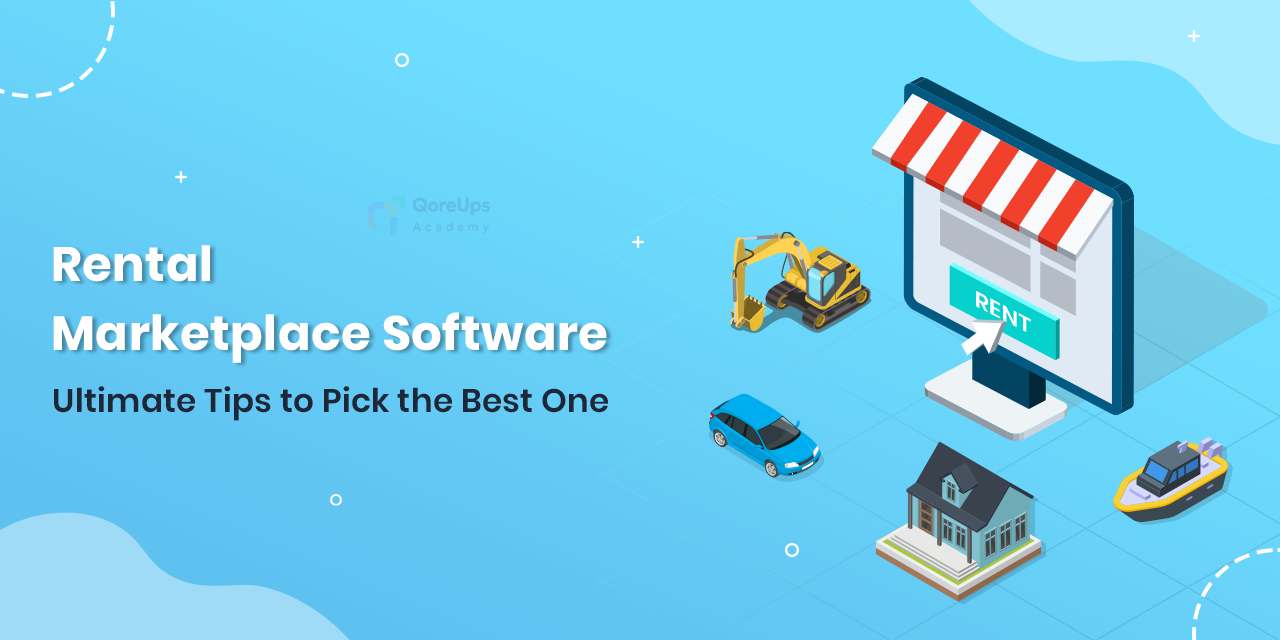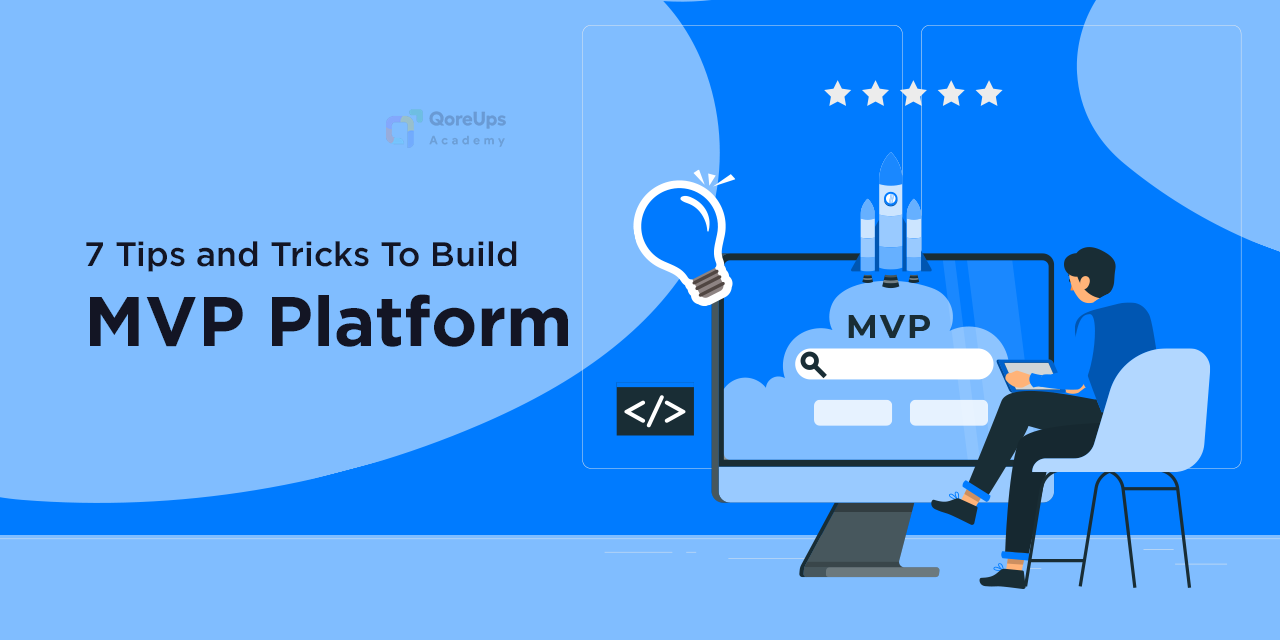Selecting the right rental marketplace software is a crucial step. It plays a key role in the success of your rental business.
Good rental software takes the headache out of managing your business and makes renting easy for both you and your customers.
However, with so many choices available, finding the right fit can be quite challenging.
This guide will help you understand the most important factors you should consider to choose the rental marketplace software that meets your needs for both today and tomorrow.
Tip 1: Get Clear on Your Rental Business Model
Before you start exploring rental marketplace software, it’s compulsory to have a clear understanding of your rental business model.
What exactly are you renting out?
Understanding your rental category helps define your audience, operational needs, and platform features. Some common options include:
Cars
Short-term or long-term vehicle rentals — could include standard cars, luxury vehicles, or even RVs.
Tools & Equipment
Power tools, construction equipment, party supplies, or specialized gear for contractors and DIY users.
Vacation Homes
Private properties, cabins, or apartments rented out for short stays.
Something More Niche
Think designer clothing, camera gear, musical instruments, event spaces, boats, or even pets.
Each type of rental comes with its unique requirements. And the software you choose should align with those needs.
Another key consideration:
“How do you intend to operate the business?”
You’ll need to determine your operational model, as this will directly influence the features you’ll need in your rental platform.
Model 1: You Own and Manage All the Inventory Yourself
If you handle all inventory in-house, your platform will need to support features such as:
- Centralized inventory management
- Real-time availability tracking
- Integrated booking management system
- Dynamic pricing controls
- Secure payment processing
- Comprehensive reporting and analytics
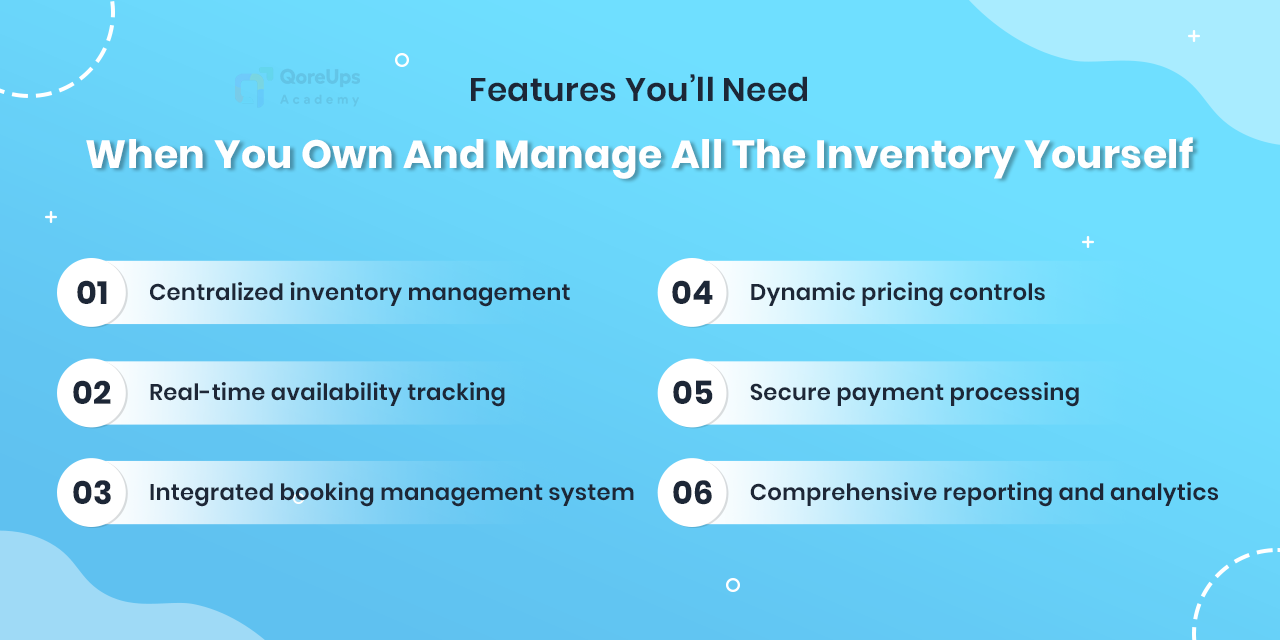
Model 2: You Operate as a Marketplace (Multiple Owners Listing Items)
If you provide a platform for third-party owners to list their items, your software should include:
- Multi-vendor registration and onboarding
- Individual vendor profile pages
- Customer-to-vendor messaging system
- Commission management (fixed or percentage-based)
- Multi-language and multi-currency support
- Marketplace-level analytics (e.g., top-performing vendors, most rented items)
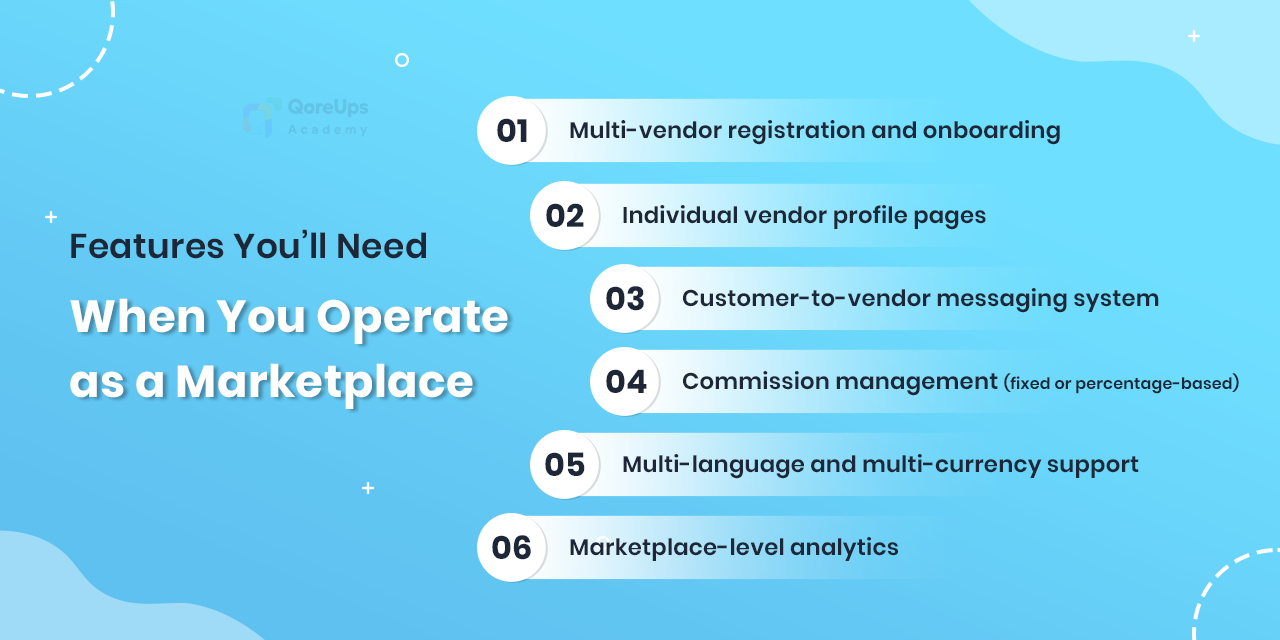
By being clear on your rental business model, you can avoid wasting time and money on software that doesn’t fit your operation.
Think of it like picking the right shoes: running shoes won’t work well for hiking, and dress shoes won’t get you through a marathon.
The same goes for software. It needs to match how your business runs.
In short, take the time to define your model thoroughly. The better you understand your business, the easier it becomes to find software that truly supports your goals and growth.
Tip 2: The Essential Features Your Rental Marketplace Software Should Have
When choosing rental marketplace software, focus on features that can make your daily operations easier and can provide a great experience for your customers. These core features are the backbone of a successful rental platform:
Easy Listings and Search
Your customers should be able to quickly find what they’re looking for. An intuitive listing process for you and an effective search and filter system for users are key.
If your customers can’t easily find items, they’ll leave your rental marketplace, and you’ll lose the business.
Booking and Availability Management
Knowing exactly when your rental items are available is crucial. Your software should update availability in real time, so once something is booked, it’s instantly reflected across the system.
This helps keep your rental operations organized and gives your customers a frustration-free booking experience.
Online Payment Setup
A reliable online payment system is essential for providing a smooth checkout experience for your customers. The rental marketplace software you choose should support popular payment gateways like PayPal, Stripe, RazorPay, and UPI Payment.
Also, ensure the software protects users’ transaction data and complies with security standards.
Reviews and Ratings
Letting customers share honest feedback helps build credibility and trust in your marketplace. Positive reviews encourage new users to rent while also providing valuable insights into what works and what needs improvement.
Notifications
Real-time updates keep everyone in the loop. Renters and owners get instant alerts from the platform when a booking is confirmed, a payment goes through, or a return is coming up.
This clear and timely communication helps avoid confusion and makes the whole experience smoother.
Leaving out any of these key features is like building a house without a foundation — everything else can fall apart. To create a successful rental marketplace, it’s essential to include these core functionalities.
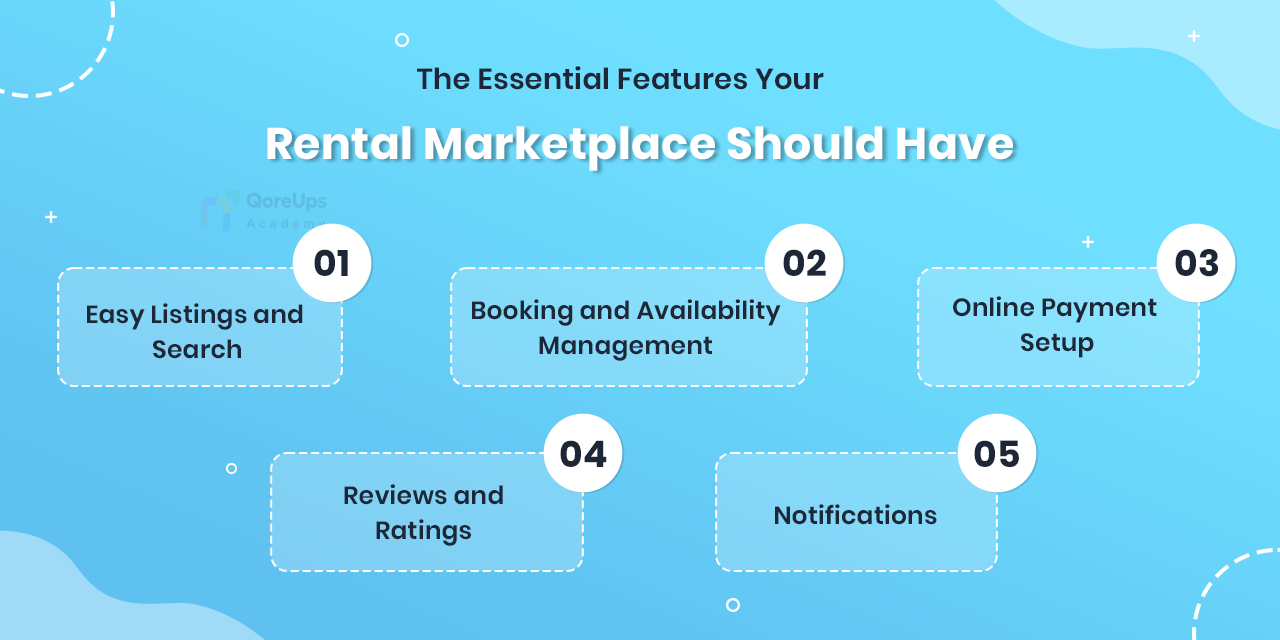
Tip 3: How Flexible and Scalable Is the Rental Marketplace Software?
From the very beginning itself, consider to choose the scalable rental software for small business that can support your growth effectively.
A good rental marketplace builder should let you add more users, list more products, and even expand into new regions without the hassle of switching to a new system.
Platform flexibility is just as important.
For example, maybe you’re renting bicycles now, but next year you want to offer electric scooters. The software should easily adapt to your new types of rentals without needing expensive custom work.
Think of it like renting office space: Would you rather stay in one building that can expand as your team grows, or move every time you need more room? The reliable rental marketplace software works the same way. It grows seamlessly alongside your business and adapts effortlessly as your needs change.
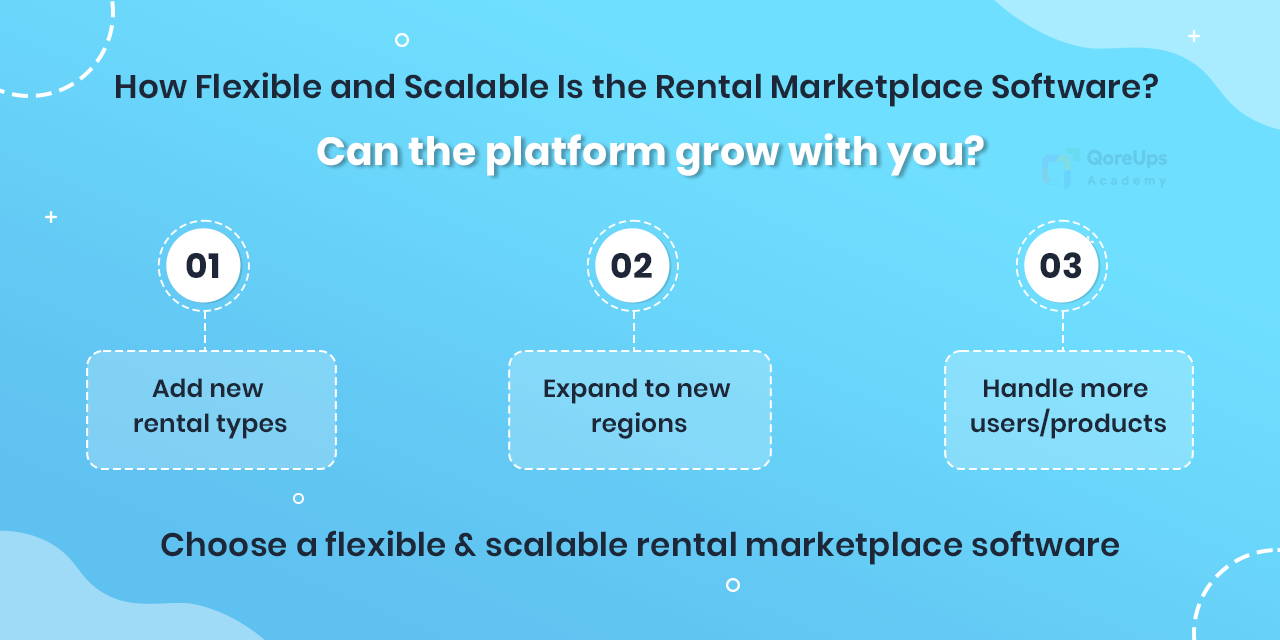
Tip 4: Why User Experience and Design Matter More Than You Think?
Think of your rental website like a physical store.
If people walk in and it’s messy, hard to find things, or just looks outdated, they’ll probably leave, no matter how good your products are. The same goes for your online rental marketplace.
Even if your rental marketplace software has all the features behind the scenes, it won’t matter at all if the front-end (the part users actually see and interact with) is difficult to use.
That’s where user experience (UX) and design come in.
Good design isn’t just about making your rental marketplace platform look nice. It’s about making sure everything is clear, easy to navigate, and fast to use.
When people can quickly find what they need, browse listings easily, and complete a booking without frustration, they’re much more likely to become paying customers. And they’ll come back again.
Here’s Why UX and UI Matter More:
First impressions matter. If your website looks outdated or is hard to use, visitors may question how reliable your business is and leave before giving it a chance.
Smooth booking process = more sales. When the rental process is quick and easy, users complete their bookings instead of dropping off halfway. Simplicity keeps them moving forward.
Being mobile-friendly is a must. Most users will visit your rental marketplace from their phones, so your website needs to look great and work smoothly on any screen size.
Happy users = repeat customers. When people have an enjoyable experience on your platform, they’re more likely to come back the next time they need a rental. They do even recommend your platform to others.
In short, choose the rental marketplace platform that works well and gives a good feel while using it.
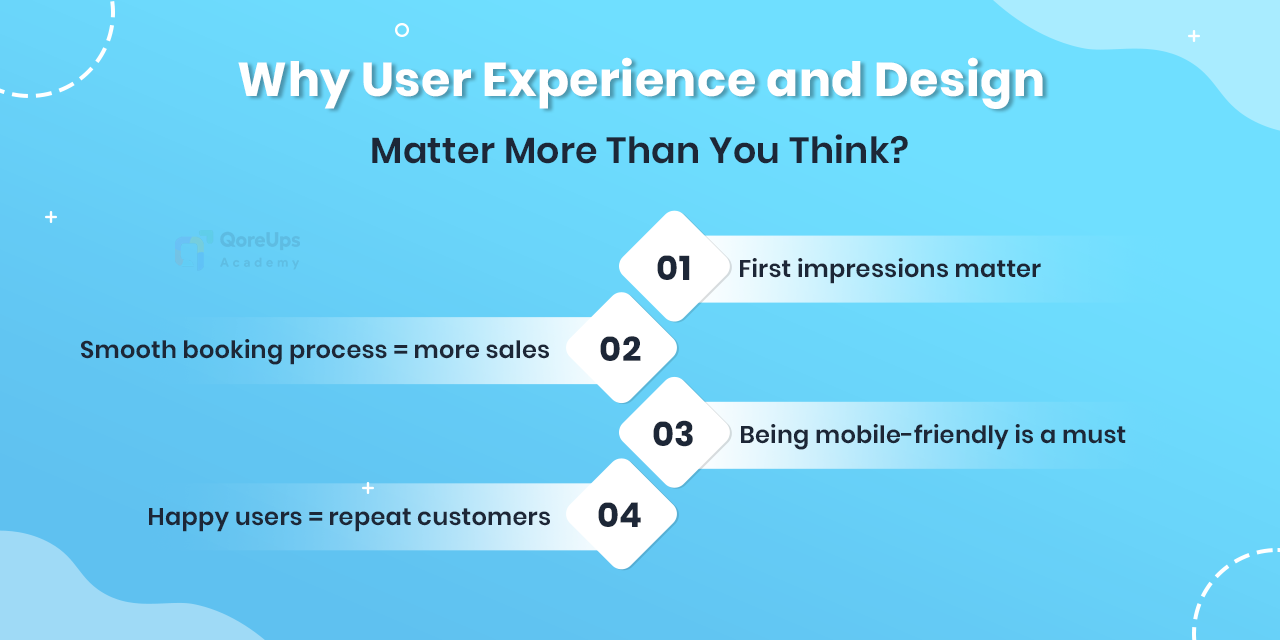
Tip 5: Support and Updates: What to Expect from Your Software Provider?
Picking the right rental marketplace software isn’t just about what it can do today. It’s also about the support and service you’ll get after you sign up. Even the best software needs support from time to time. That’s why having a reliable provider behind the scenes is just as important as the product itself.
Here are the important things you should expect from a trustworthy rental marketplace builder:
1. Responsive Customer Support
Things can and do go wrong. Maybe a feature suddenly stops working. Or a customer has trouble booking. When issues like these happen, you need help to resolve them fast. A good software provider should offer timely and helpful support to you through live chat, email, or even phone.
Key Things to Look for:
- Support hours (24/7 is ideal)
- Fast response times
- Regular features and platform updates
- A provider who listens to your feedback
- Real people answering your questions, not just bots
2. Regular Software Updates
Technology changes fast. You want software that keeps improving over time, not one that becomes outdated after a few months.
Regular updates mean your rental marketplace platform stays secure, performs better, and gains new features based on industry trends and user feedback. This also shows that the company is actively investing in its product.
Ask:
- How often does the provider update the software?
- What kinds of improvements or new features do they add?
- Are these updates included in your plan, or do they cost extra?
3. Strong Security and Data Protection
Your marketplace will handle sensitive information such as customer details, payment data, vendor records, and more. Because of this, strong security isn’t just important, but it’s absolutely necessary.
Your software provider should regularly update the system with security patches and follow industry best practices to protect your data.
This includes things like encrypting credit card details so hackers can’t read them, backing up your data regularly in case something goes wrong, and following privacy laws like GDPR to keep people’s personal information safe.
Tip: Always make sure the platform is PCI-compliant, which means it meets strict standards to keep payment processing secure—just like how big companies like Amazon and eBay protect their customers.
4. Onboarding and Setup Support
Starting with new software can feel confusing, especially if you run a small rental business and don’t have tech help. That’s why good support at the beginning is very important.
A good provider will help you set up the software, show you how to use it, and give you easy guides like videos, FAQs, and written instructions.
Some companies even offer personal help with one-on-one sessions to make sure you get started the right way.
5. A True Partnership
When you’re building a rental business platform, you don’t just need a rental marketplace builder—you need a true partner who truly cares about your success.
Look for a provider who listens to your feedback, offers helpful advice, and stays in touch with the latest needs of rental businesses.
The best platforms grow and improve based on what their customers need, not just what their developers want to build.
In short: Don’t just stop with comparing the software’s features—look at the people who are behind the platform. Great customer support and regular platform updates can save you hours of stress and keep your rental business running smoothly every day.
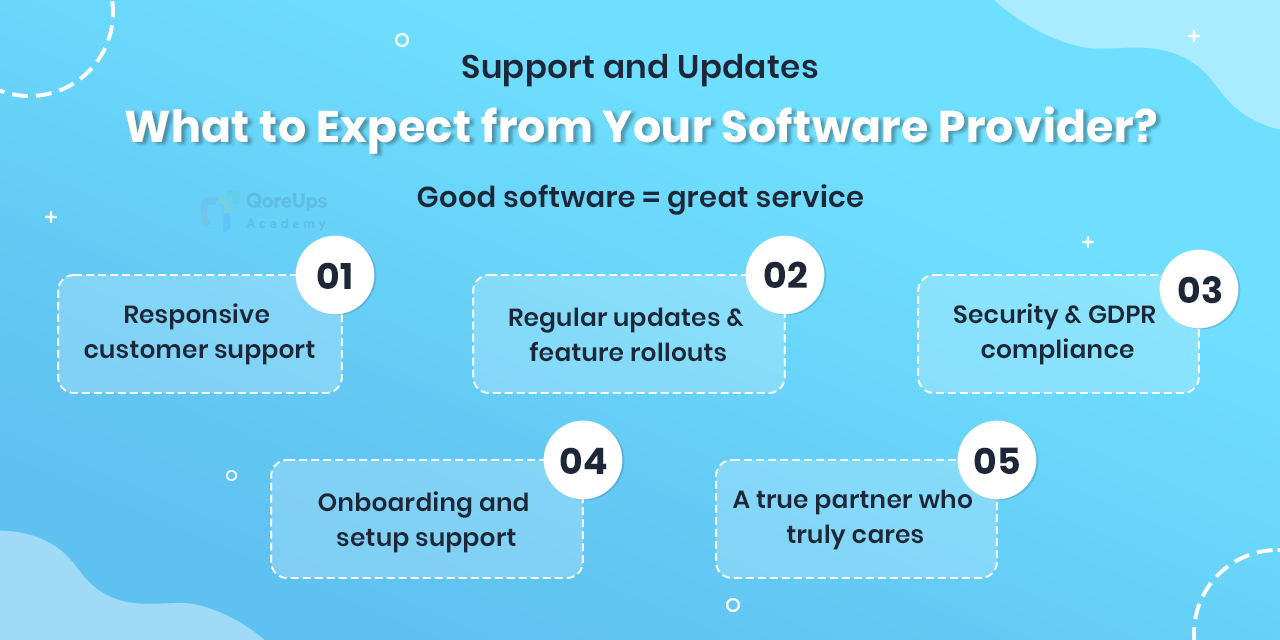
Tip 6: Know the Actual Cost of the Rental Marketplace Software
When selecting rental marketplace software, it’s important to look beyond the initial price. What may seem affordable at first could sometimes end up costing you a lot more later on.
Here’s why: some B2B rental marketplace providers charge low fees to get you started, but then add extra costs for things like transaction fees, special features, or upgrades. These extra charges can quickly add up and make the software more expensive than you expected.
On the other hand, some rental marketplace builders might seem more expensive at the start, but they might include the most important features right away. This can help you save costs over time.
The point is, before you decide, make sure you ask about all possible costs, such as:
- Marketplace setup fees: This is a one-time cost you pay to get your software ready and running.
- Monthly or yearly subscription fees: These are regular payments you make to keep using the software and receive ongoing support.
- Booking commissions: A small fee is charged each time a customer completes a booking on your platform. It’s how some providers share in your sales.
- Costs for premium features: You’ve to pay extra charges for advanced features like marketing integrations, secure payment options, or detailed business reports that aren’t included in the basic package.
- Custom development or API access: There may be additional fees if you wish to customize the software beyond its standard features or integrate it with other apps or services you use.
You shouldn’t forget this: Don’t just pick software because it’s cheap. Look for the best value—software that helps your rental business run smoothly, saves you time, and grows with you. The cheapest option can sometimes cost you more in lost sales, extra work, or frustration.
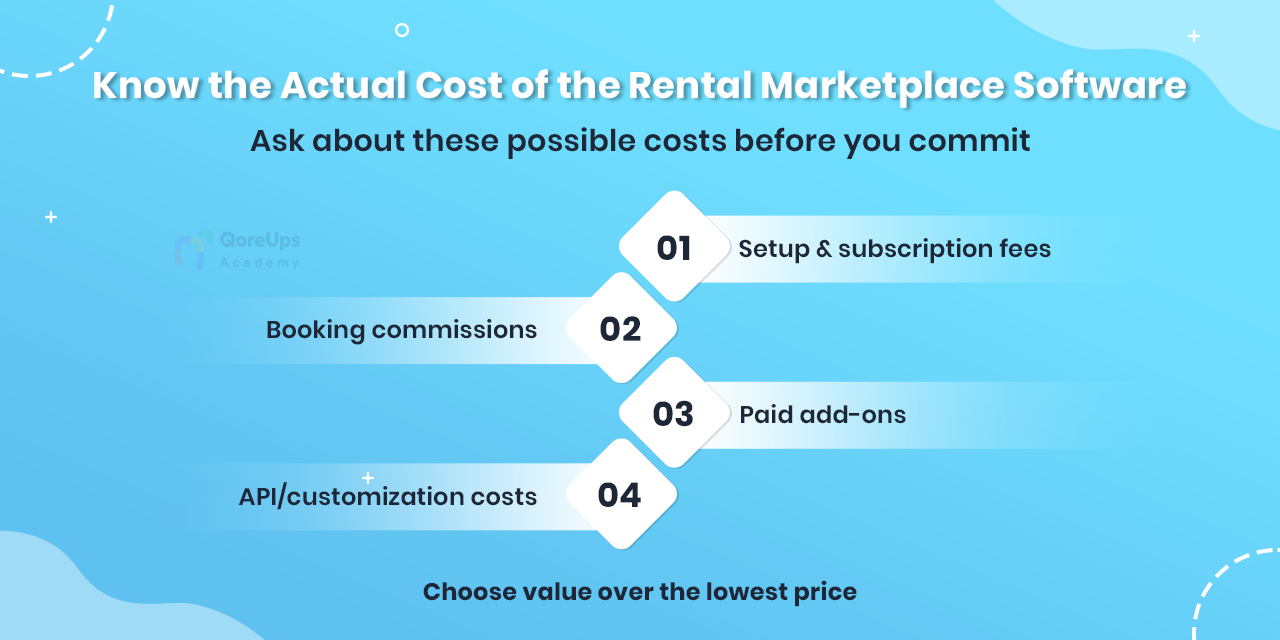
Tip 7: 10 Key Questions to Ask Before Making Your Final Choice
Before you choose a rental marketplace platform, take a step back and ask the right questions. This helps you look beyond the marketing and really understand if the software fits your business needs—now and in the future.
Here are 10 smart questions to ask yourself and your software provider:
1. Can this rental marketplace support both my current needs and future growth?
2. How easy is it to set up, customize, and scale?
3. What is the onboarding process like?
4. Are there businesses like mine already using this platform?
5. What kind of customer support is included?
6. What features come built-in, and what costs extra?
7. Will I own my data and content?
8. Is the platform secure and regularly updated?
9. Does the platform integrate with other systems I use?
10. What happens if I decide to switch platform later on?
Picking the rental marketplace software is a long-term decision. These questions will help you go beyond the surface and choose a platform that’s not just affordable—but reliable, flexible, and built to support your business for the long run.
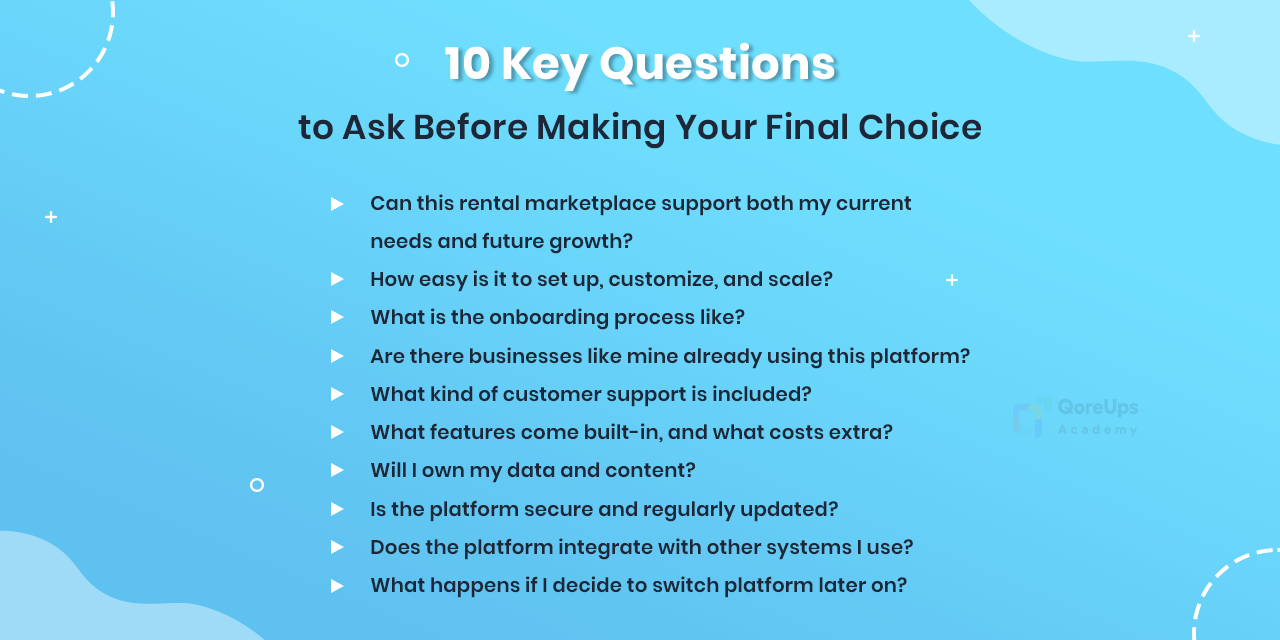
Final Thoughts
Selecting the suitable rental marketplace software isn’t just about analyzing the features or price—it’s about setting your business up for long-term success.
The platform you choose will shape how smoothly your customers book rentals, how easily your vendors manage listings, and how confidently and fastly you grow.
Whether you’re launching a B2B rental marketplace, starting small with a side hustle, or aiming to build the next big name in rentals, your software should support you every step of the way—from setting it up to scaling it for many regions.
Take the time to understand your business model. Look for essential features. Ask the right questions. Make sure the rental marketplace builder offers solid support, flexibility, and value to your business.
So, choose that one that can support your business to grow both today and tomorrow.
Stay Updated on the Latest Rental Marketplace Trends For Free By Joining QoreUps Academy!

